Tawakkol Karman was the first Arab woman to receive the Nobel Peace Prize in 2011. An emblem of the defense of women’s rights in the Arab world and an icon of the struggle for democracy during the anti-authoritarian protests in Yemen in 2011, Karman received this international recognition “for her non-violent battle for women’s safety and their full right to participate fully in peace-building work”.
Karman had distinguished herself since the mid-2000s for her work in defense of journalism and women’s rights. From the beginning of the anti-authoritarian protests against the government of Abdullah Saleh in January 2011, Karman took a central role as an instigator of the mobilizations, distinguishing herself in their promotion and organization. Her participation became a symbol of the role to be played by women in the North African and Middle Eastern protests and the political scene that followed.
Along with Tawakkol Karman, Liberians Ellen Johnson-Sirleaf, president of the country between 2006 and 2018, and activist Leymah Gbowee received the Nobel Prize for their work in defense of women’s rights and their efforts to include them in the country’s peace process.
Journalism and political activism
Tawakkol Karman was born in Ta’izz, an agricultural town in southern Yemen, on February 7, 1977. The daughter of a politician and lawyer, Karman grew up in the intellectual environment of a wealthy family. Karman studied commerce at the University of Science and Technology (in Sana’a, the country’s capital) and political science at Sana’a University.
In 2005, Karman, along with seven other women, founded the association “Women Journalists Without Chains” to protest against the country’s restrictions on press freedom and its control of news services. From that moment on, the association tried to create its own news service, Bilakoyood, not recognized by the regime, and they conceived the so-called “Freedom Square” in front of the headquarters of the Council of Ministers, transformed into a space of pressure against the regime and expression of popular discontent. As he stated in a 2018 interview to the Argentine newspaper Infobae:
“A country that defines itself as a democracy but has no real right to freedom of expression is lying.”
During this period, Karman also joined the Islamist Al-Islah party, the country’s main opposition party, where he served on its Advisory Council from 2007 to 2011. From her position, Karman has fought criticism from those who question the compatibility between Islam and women’s rights, and has defended their right to political participation.
This same claim was present after she was awarded the Nobel Peace Prize in 2011. During the reception of the prize, Karman vindicated the difficulties that women suffer throughout the world (not only in the Arab world), the internal wars that, in the form of peaceful protests, took place in most countries of North Africa and the Middle East (“another kind of war [as opposed to the war between countries], much more bitter, which is the war against despotic leaders who oppress their own people”), and the role of the Yemeni people in their protests against Saleh
“Millions of Yemeni women and men, children, young and old took to the streets in eighteen provinces demanding their right to freedom, justice and dignity, using non-violent but effective means to achieve their demands. We were able to effciently and effectively maintain a peaceful revolution in spite of the fact that this great nation has more than seventy million frearms of various types. Here lies the philosophy of the revolution, which persuaded millions of people to leave their weapons at home and join the peaceful march against the state’s machine of murder and violence, just with fowers and bare breasts, and flled with dreams, love and peace. We were very happy because we realized, at that time, that the Nobel Prize did not come only as a personal prize for Tawakkol Abdel-Salam Karman, but as a declaration and recognition of the whole world for the triumph of the peaceful revolution of Yemen and as an appreciation of the sacrifces of its great peaceful people.”
The fall of Saleh and the beginning of a turbulent decade in Yemen
“For human beings to have their rights they have to claim them.”
Three years after the creation of Freedom Square, this public space and model of expression of discontent, moved to the University of Sana’a, and from there to the streets, in the context of the anti-authoritarian protests of 2011. For eleven months, the population, with a significant representation of young people, called for the democratization of the country and the fall of President Saleh’s regime, considered an insurmountable obstacle to the achievement of these goals. The protests, which were part of the revolutionary momentum experienced in the region in 2011, were a direct reaction to the failure of negotiations between government and opposition to reform the electoral law and, more importantly, to Saleh’s attempts to constitutionalize a lifetime presidency[1].
The mobilizations experienced since January 27, 2011 marked the return to the streets of a population that had been systematically excluded from public spaces during the 33 years of Saleh’s rule. During these decades, Saleh had ruled over a divided political system, kept in constant conflict by the government through the co-optation of the opposition and the search for a sensitive balance between the country’s tribal elites[2].
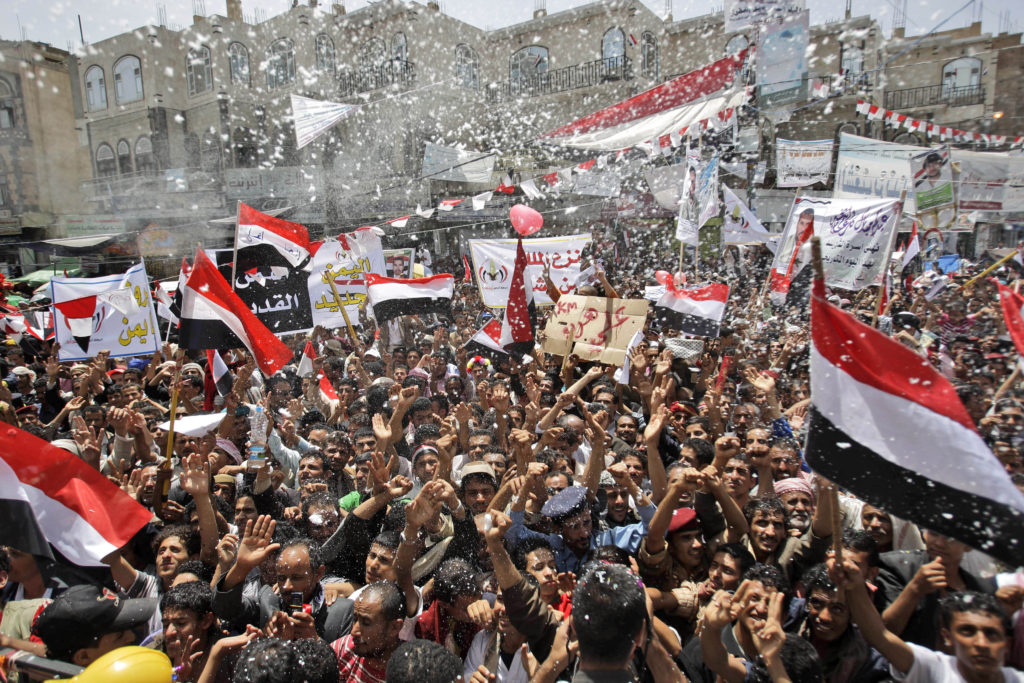
Anti-government protestors spray foam and wave their national flags as they celebrate President Ali Abdullah Saleh’s departure to Saudi Arabia, in Sanaa, Yemen, Sunday, June 5, 2011. (AP Photo/Hani Mohammed)
The inclusion in the protests of political and tribal parties and movements and power struggles, the violence exercised by the regime against the demonstrations (on March 18, government forces killed at least 45 people during a demonstration in the capital), or clashes between revolutionary and regime forces (President Saleh himself was wounded in an attack with a grenade launcher in June 2011 and transferred to Saudi Arabia for treatment) intensified the demonstrations and contributed to complicate the achievement of their objectives, as the protests were capitalized by other political actors and the old guard of the regime.
Eventually, the protests culminated in the deposition of President Saleh and the initiation of a transitional process under the aegis of the Gulf Cooperation Council, under the authority of the government’s Vice President Abed Rabuh Mansur Hadi. This political process was intended to address the deepening political and social difficulties facing Yemen, which was politically polarized, with widespread security problems and an increasingly strong secessionist movement in the south of the country[3]. These problems were to be tackled in the National Dialogue Congress, composed of the country’s main political parties, various civil society actors, with special representation of youth and women (including Tawakkol Karman), the South Yemen Movement and the Houthi insurgent movement.
The Yemeni Arab Spring and the women’s struggle
The protests also provided an opportunity for the integration of women into political processes, through their participation in the protests and their defiance of the prejudices held by the opposite gender activists themselves. This fact emphasizes the mobilizing relevance maintained by Tawakkol Karman herself and her efforts and encouragement to incorporate women into the protests.
The struggle for political change by Yemeni women throughout 2011 was recorded by the celebrated film director Khadeja Al Salami and presented in documentary format, under the title The Scream at the Dubai Film Festival in 2013.
Trailer for The Scream on TrailerAddict.
“I chose this title for my film because women have shouted with their uprising and movement that they exist in the male-dominated Yemeni society. They have shouted their suffering, announcing that their revolt is not only against the government, but also against the whole Yemeni society, including their husbands and fathers,” explains Salami[4]. This defiance of social mores helps to emphasize the mobilizing relevance maintained by Tawakkol Karman herself and her efforts and encouragement to bring women into the protests.
The war against Yemen and Karman’s work
Unfortunately, the convulsive decade experienced by Yemen has truncated the main objectives dreamed of by its population in 2011. The two-year transition period agreed under the auspices of the Gulf Cooperation Council ended without the political actors involved being able to agree on a new democratic constitutional text and without new legislative elections being held. The persistence of the country’s old political elite is compounded by the major security problems of the country, a haven for international terrorist organizations such as Al-Qaeda and under the sovereignty challenge of the Houthi movement in the South[5]. The increase of tensions on the border with Saudi Arabia culminated in an illegal military intervention by the latter regional power and the United Arab Emirates, which is still active today, with an estimated death toll by the United Nations of at least 377,000 people[6] and a critical economic context, in which more than 80% of the population lives below the poverty line[7].
Like many others, Karman was forced to leave the country in 2015, after the takeover of Sana’a by Houthi troops. Karman moved to Istanbul, Turkey, from where she continues to carry out considerable work in defense of human rights, freedom of the press, and anti-war charitable activities. To this end, she has founded various institutions, such as the Tawakkol Karman International Foundation and the Belqees TV channel, and has continued to be active with Women Journalists Without Chains.
As Karman has repeatedly stated, from her first protests almost two decades ago to the present day:
“For human beings to have their rights they have to claim them.”[8]
Alfonso Casani – FUNCI
References
[1] “Yemen: de la revolución pacífica a las luchas por el poder”, en Gutiérrez de Terán, Igancio y Álavrez-Ossorio, Igancio (eds.). Informe sobre las revueltas árabes, Madrid, Ediciones del oriente y del mediterráneo.
[2] Sami Kronenfeld and Yoel Guzansky (2014). “Yemen: A Mirror to the Future of the Arab Spring”, Military and Strategic Affairs, vol. 6, nº 3.
[3] https://www.mei.edu/publications/yemens-national-dialogue
[4] https://www.thenationalnews.com/uae/the-scream-yemeni-women-make-their-voices-heard-1.402667
[5] https://www.realinstitutoelcano.org/hacia-donde-se-dirige-yemen/
[6] https://www.aljazeera.com/news/2021/11/23/un-yemen-recovery-possible-in-one-generation-if-war-stops-now
[7] https://www.oxfam.org/es/conflicto-en-yemen-millones-de-personas-al-borde-de-la-hambruna
[8] https://rebelion.org/la-yemeni-tawakul-karman-simbolo-de-la-paz-y-la-revolucion/

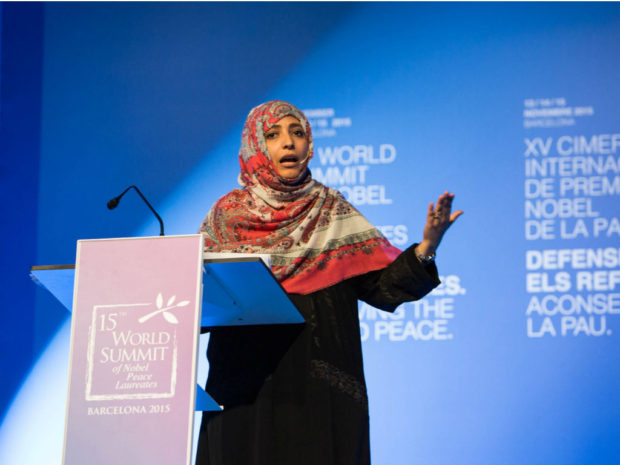
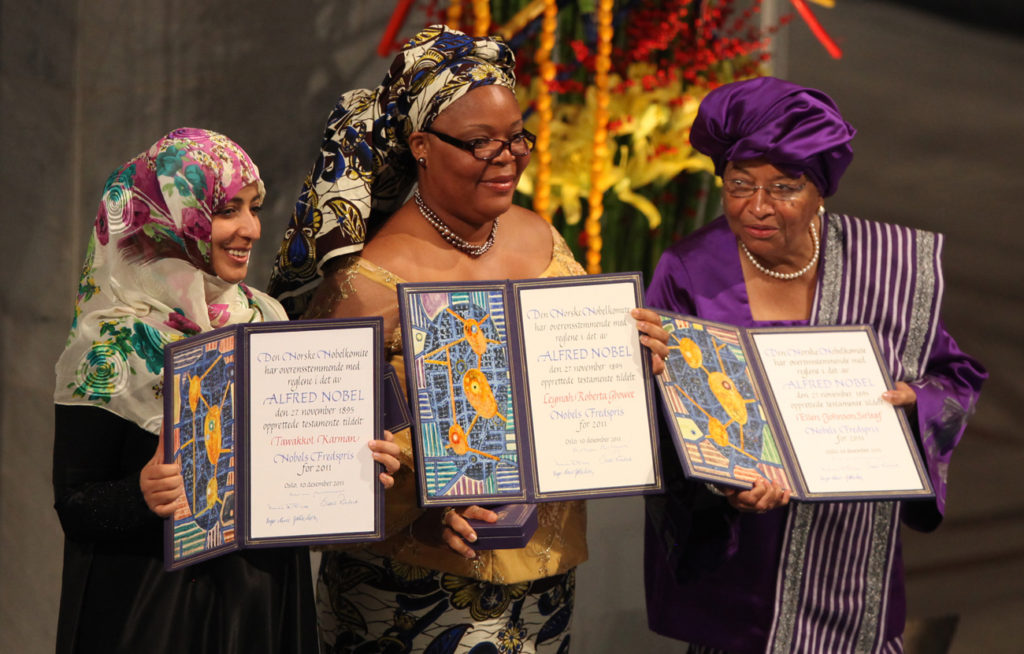
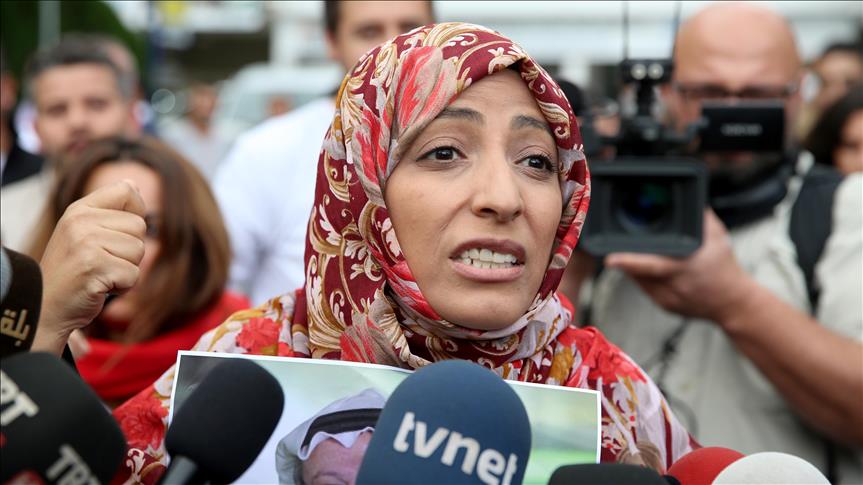
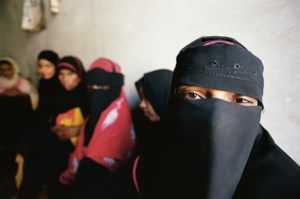
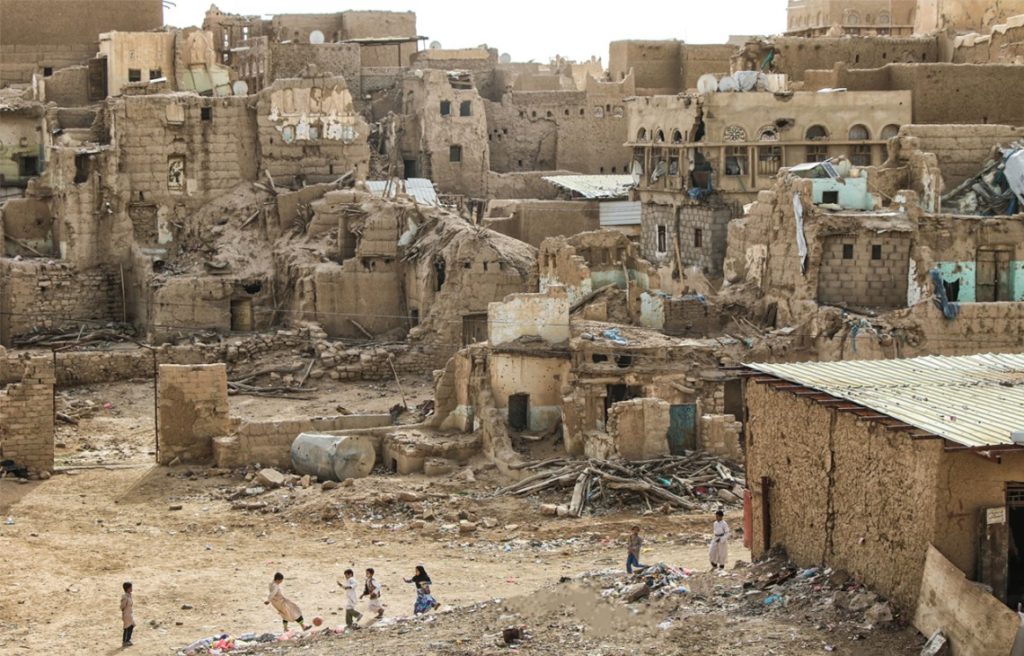


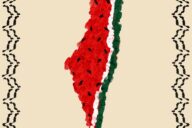










No Comments